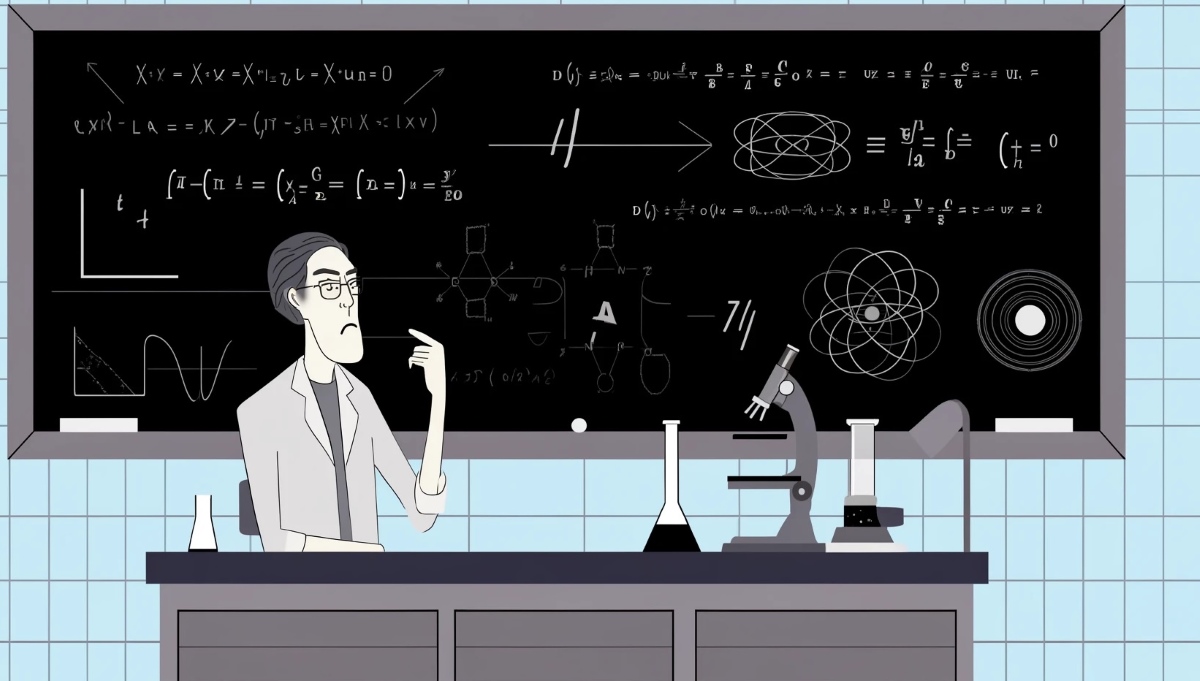Does quantum mechanics support the existence of parallel universes?

Hello friends,
The question of whether quantum mechanics supports the existence of parallel universes is a topic of ongoing debate and speculation in the field of theoretical physics. The concept of parallel universes, also known as the multiverse, arises from various interpretations of quantum mechanics and cosmological theories. Here, we'll explore how quantum mechanics relates to the idea of parallel universes, focusing on the Many-Worlds Interpretation (MWI) as a key example.
Quantum Mechanics and Interpretations:
Wave Function and Superposition: In quantum mechanics, the wave function represents the state of a quantum system, encompassing all possible outcomes of a measurement. The principle of superposition allows a quantum system to exist in multiple states simultaneously until a measurement collapses the wave function to a single outcome.
Many-Worlds Interpretation (MWI): Proposed by Hugh Everett III in the 1950s, the MWI suggests that all possible outcomes of a quantum measurement actually occur, each in its own separate branch of the universe. According to this interpretation, every quantum event creates a branching of the universe, resulting in an ever-growing number of parallel universes or "worlds."
Decoherence and Branching: The process of decoherence, which describes how quantum systems interact with their environment and lose their superposition, plays a crucial role in MWI. It is thought to be the mechanism that leads to the branching of the universe into parallel worlds, with each branch representing a different outcome of a quantum event.
Implications and Challenges:
Ontological Implications: The MWI implies the existence of a vast, possibly infinite, number of parallel universes that contain every possible outcome of every event. This raises profound questions about the nature of reality and our place in the multiverse.
Testability and Scientific Validity: One of the main criticisms of the MWI is its lack of testability. Since the parallel universes are non-communicating and do not interact with each other, it is challenging to devise experiments that could directly test the existence of these alternate worlds.
Other Interpretations: The MWI is just one of several interpretations of quantum mechanics, each with its own implications for the nature of reality. Other interpretations, such as the Copenhagen interpretation and the pilot-wave theory, do not necessarily imply the existence of parallel universes.
In conclusion, quantum mechanics, particularly through the Many-Worlds Interpretation, provides a framework that can support the concept of parallel universes. However, the existence of such universes remains a speculative and untested aspect of quantum theory. The debate over the interpretation of quantum mechanics and the nature of reality continues to be a vibrant and unresolved area of research in physics.
"The term quantum is just beginning to enter our daily lives. Clearly, it will become a concept that we will encounter and interact with in many ways over time. Below, we have sought answers to the most frequently asked questions from you, which can even be considered speculative."
++ Quantum in the simplest way
- What is quantum? What is it not?
- What is quantum mechanics and how does it differ from classical physics?
- What is quantum entanglement and how does it work?
- What is quantum tunneling and how does it appear in everyday life?
- What is Heisenberg's uncertainty principle and why is it important?
- What is Schrödinger's cat experiment and how does it play a role in understanding quantum mechanics?
- What are quantum computers and how do they differ from classical computers?
- Is quantum teleportation possible and how does it work?
- What is quantum field theory and how does it explain fundamental particles?
- What is quantum superposition and how does it occur?
- What is the impact of quantum mechanics on everyday technology?
- The misuse of the quantum topic?
- Can quantum entanglement provide instant communication over long distances?
- Can quantum computers surpass human intelligence in the future?
- Can quantum tunneling allow for time travel?
- Does quantum mechanics support the existence of parallel universes?
- Can quantum superposition explain the nature of consciousness?
- Do the consequences of quantum mechanics refute determinism?
- Can quantum entanglement be the physical basis of telepathy?
- Could quantum field theory be the ultimate theory of the universe?
- Could quantum mechanics suggest a holographic structure of the universe?
- Does quantum physics support the idea that the universe is a mathematical simulation?
++ "Movies and series about quantum"
* These questions generally encompass
the kind of questions that can come to mind for many people on the
subject of quantum. Each user or student will have their own unique
interpretation or question depending on a specific situation or
application. The answers given are not binding and are not definitive.
"There is no harm in sharing our article above by citing it as a
source." 08.2020
Your shopping cart is empty!
